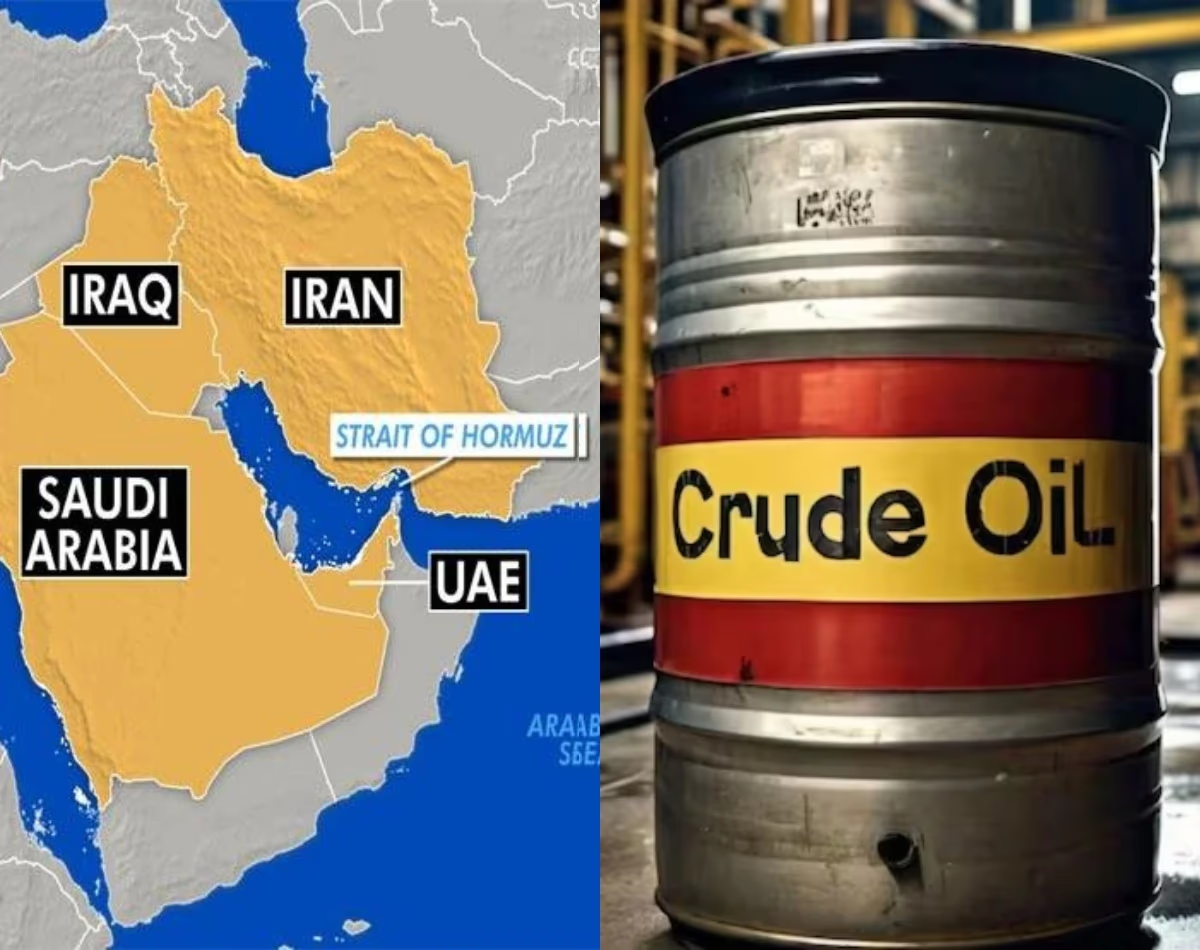The ongoing conflict between Iran and Israel sees new escalations as the United States joins the fray. Recent US airstrikes on three nuclear sites in Iran have intensified global tensions and have sparked concerns about Iran potentially closing the Strait of Hormuz. This strategic passageway is a vital oil route, and its closure could have significant repercussions worldwide. Let’s explore the importance of the Strait and the potential impact of its closure.
Heightened Concerns Over US Airstrikes in Iran
The situation escalates as the US takes a definitive stance against Iran by targeting three major nuclear sites: Fordow, Natanz, and Isfahan. President Donald Trump, highlighting the power of the US military, emphasized that now is a time for peace, although the conflict shows no signs of abating, raising global concerns. UN Secretary-General António Guterres expressed his apprehensions, noting that US actions amidst already high tensions threaten international peace and security.

Source: aajtak
Strait of Hormuz Facilitates 26% of Oil Trade
Amid tensions with Israel, Iran has issued warnings regarding the closure of the Strait of Hormuz. While experts initially found this move challenging, US involvement heightens concerns about this possibility. This vital maritime oil route, controlled by Iran, is a key conduit for Gulf oil supplies. Reports indicate that 26% of the world's crude oil flows through this route, and its disruption could significantly affect the US, European nations, and India.
The Strait of Hormuz is indispensable for global crude oil transport, marking it as one of the most crucial maritime oil passages. Any blockade could lead to chaos in global oil markets, potentially driving crude oil prices higher. Recently, Iranian lawmaker Ali Yazdikhah explicitly stated that if the US supports Israel against Iran, the country might pressure entities by disrupting oil trades via the Strait.
Impact of Blocking Hormuz
Considered among the world’s most crucial shipping lanes, the Strait of Hormuz spans approximately 96 miles, narrowing to 21 miles wide. Iran holds the capability to impose restrictions on its dual two-mile-wide shipping lanes at its narrowest points. Connecting the Persian Gulf to the Gulf of Oman and the Arabian Sea, actions to block this passage could cause oil prices to spike due to increased shipping operation costs.

Source: aajtak
The shutdown would force ships to reroute, opting for longer, more expensive paths, causing increases in freight and delivery times. Economist and research head Norbert Rücker from Julius Baer recently noted the resurgence of geopolitical tensions and the escalation of crude oil prices. Concerns over oil supply disruptions are reaching new heights.
Though some experts argue against the likelihood of Iran closing the Strait, recent US actions have intensified such fears. As crude oil prices, such as Brent crude at $77 per barrel and WTI at approximately $75 per barrel, climb, projections by JP Morgan anticipate prices could rise to $120 per barrel, with several banks and analysts predicting further surges to $120-130 if hostilities persist.
Inflation Risks in India
Reports indicate that India consumes approximately 3.7 million barrels of crude daily, importing nearly 80% of its requirements, with 40% coming from Gulf nations. A disruption in oil supply would pose serious challenges for India, as oil marketing companies base petrol and diesel pricing on crude prices, freight charges, and refinery costs.
In addition to base costs, excise duty, VAT, and dealer commissions contribute to end-user prices. If crude oil becomes more expensive, petrol and diesel prices could rise, increasing transportation costs and potentially upping the prices of essential goods, heightening inflationary risks for the common populace.




